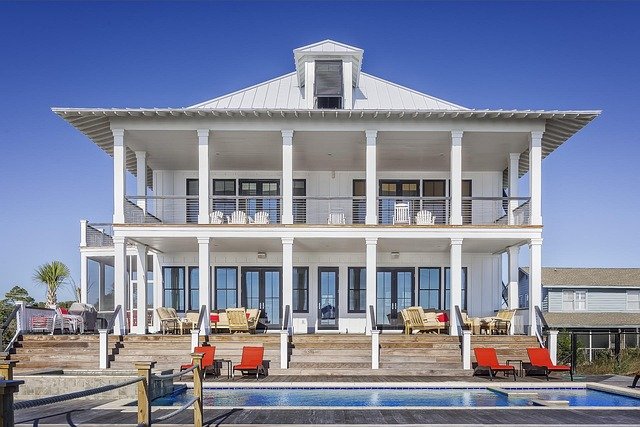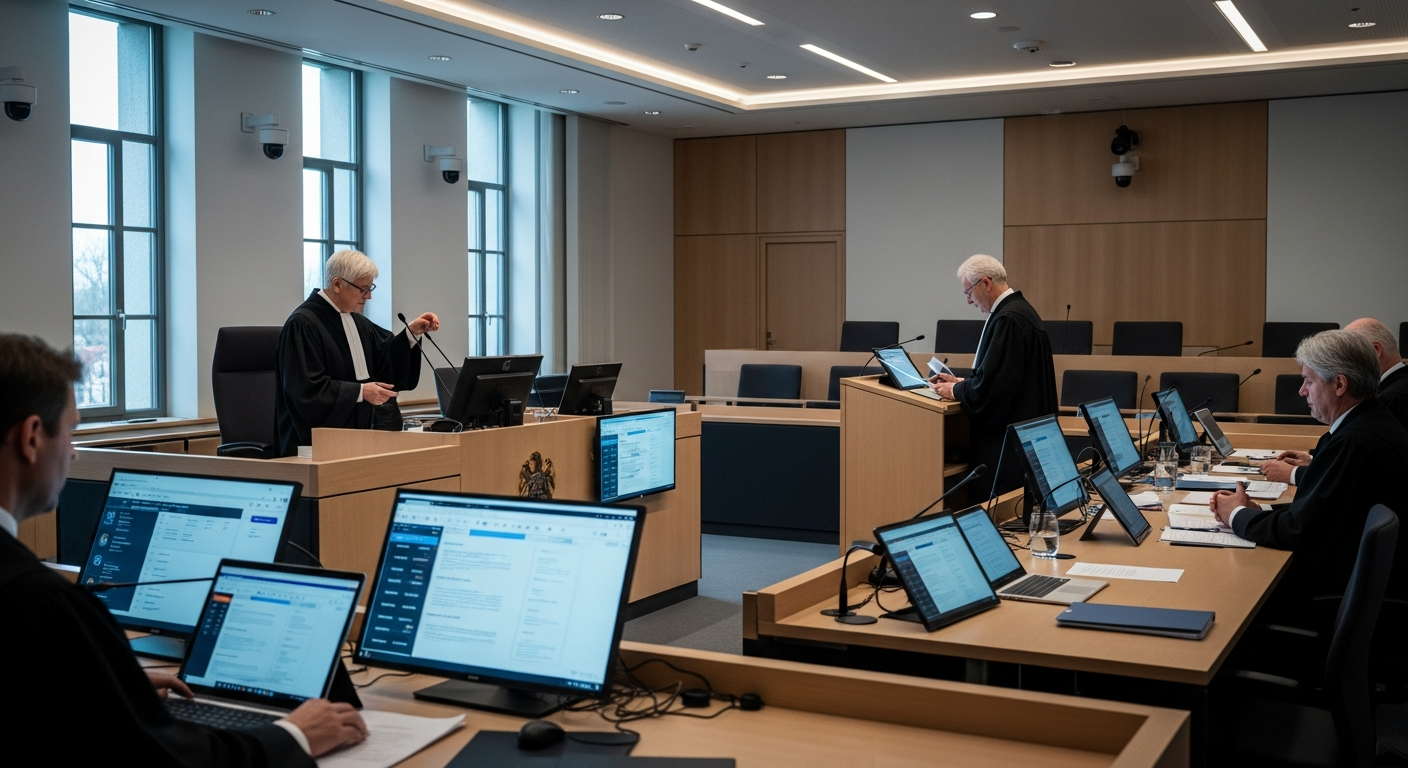Title: Luxury Vacation Rentals: The New Frontier in Real Estate Investment
Introduction: The luxury vacation rental market is experiencing a seismic shift, with high-net-worth individuals increasingly viewing these properties as lucrative investment opportunities. In 2022, the global luxury travel market was valued at $1.28 trillion, with a projected CAGR of 7.6% from 2023 to 2030. This burgeoning sector presents a unique blend of lifestyle and financial benefits for savvy real estate investors.

Understanding the Investment Potential
Investing in luxury vacation rentals offers a compelling proposition for those looking to diversify their real estate portfolio. These properties can generate significant rental income, especially during peak seasons in desirable locations. For instance, a high-end villa in the Hamptons or a chalet in Aspen can command nightly rates in the thousands of dollars. Moreover, luxury vacation rentals often appreciate in value over time, providing investors with both cash flow and long-term capital gains.
Key Considerations for Investors
Before diving into the luxury vacation rental market, investors must carefully consider several factors. Location is paramount – properties in sought-after destinations with year-round appeal tend to perform best. The property’s unique features, such as stunning views, private pools, or state-of-the-art amenities, can significantly impact its rental potential. Additionally, investors should be prepared for higher upfront costs and ongoing expenses associated with maintaining a luxury property to the standards expected by high-end clientele.
Managing Luxury Vacation Rentals
Successfully managing a luxury vacation rental requires a different approach compared to traditional long-term rentals. Owners must ensure impeccable service, from the booking process to the guest’s stay and beyond. This often necessitates partnering with professional property management companies specializing in high-end rentals. These firms can handle everything from marketing and bookings to maintenance and concierge services, ensuring a seamless experience for guests and maximizing the property’s earning potential.
Legal and Regulatory Landscape
The regulatory environment for short-term rentals, particularly in the luxury segment, can be complex and varies significantly by location. Some popular tourist destinations have implemented strict regulations to manage the impact of vacation rentals on local communities. Investors must navigate these legal requirements carefully, which may include obtaining specific licenses, adhering to zoning laws, and paying appropriate taxes. Staying compliant is crucial to avoid potential fines and ensure the long-term viability of the investment.
Market Trends and Future Outlook
The luxury vacation rental market is poised for continued growth, driven by several factors. The increasing preference for privacy and exclusivity among affluent travelers, especially in the wake of the global pandemic, has bolstered demand for high-end private accommodations. Additionally, the rise of remote work has blurred the lines between business and leisure travel, leading to longer stays and increased interest in luxurious, well-equipped properties that can serve as both vacation homes and temporary workspaces.
Technology’s Role in Elevating the Experience
Technology is playing an increasingly important role in the luxury vacation rental sector. Smart home features, such as automated climate control, advanced security systems, and voice-activated assistants, are becoming standard expectations in high-end properties. Investors who incorporate these technologies can command premium rates and attract tech-savvy guests. Moreover, virtual reality tours and immersive online experiences are revolutionizing the way properties are marketed, allowing potential renters to explore spaces in detail before booking.
Sustainability in Luxury Vacation Rentals
As environmental consciousness grows among travelers, sustainability is becoming a key differentiator in the luxury vacation rental market. Properties that incorporate eco-friendly features, such as solar panels, rainwater harvesting systems, and energy-efficient appliances, are increasingly attractive to environmentally aware guests. Investors who prioritize sustainability in their properties not only appeal to a growing market segment but may also benefit from long-term cost savings and potential tax incentives.
Conclusion
The luxury vacation rental market represents a compelling opportunity for real estate investors seeking to capitalize on the evolving travel preferences of high-net-worth individuals. While it requires careful consideration of location, property features, and management strategies, the potential for substantial returns is significant. As the market continues to grow and evolve, investors who can offer unique, high-quality experiences while navigating the complex regulatory landscape stand to reap considerable rewards in this exciting sector of the real estate industry.






